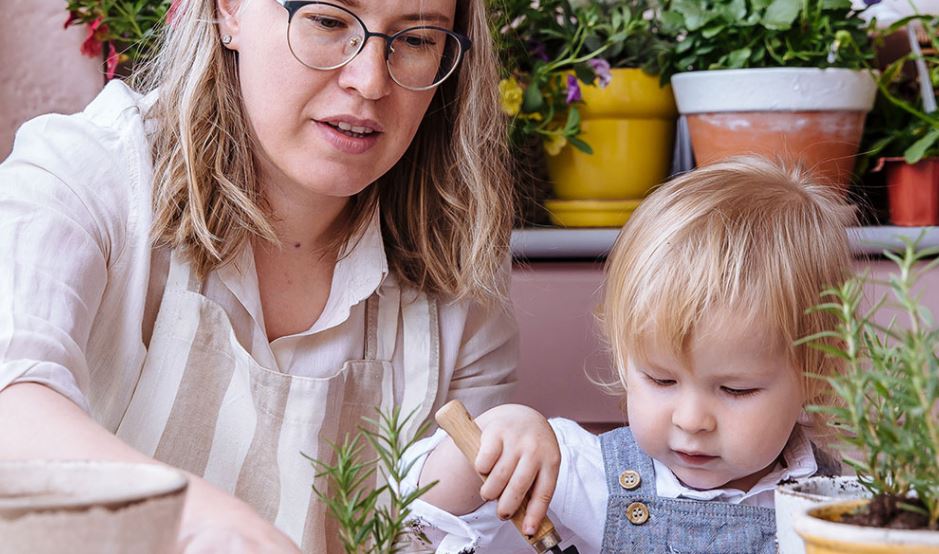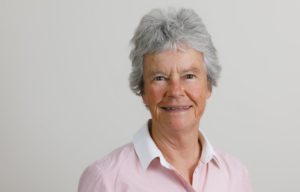
Flinders University Emerita Professor Sue Richardson AM has thrown her support behind a major new national initiative, Thrive By Five, calling for a fresh look at introducing a high-quality, universally accessible early learning system in Australia.
Led by Professor Fiona Stanley and Nicola Forrest, with supporters including Julie Bishop, Sir Gustav Nossal, former SA Premier Jay Weatherill (Thrive by Five CEO), Professor Adrian Piccoli, Kate Carnell, Dr John Hewson, Debby Blakey, Rosie Batty and other leaders in their fields – the Thrive by Five campaigners are asking the public to support the Open Letter to the Federal Government.
The broad cross-section of educators, researchers, business leaders, unions, health professionals, parents, community organisations, and economists supporting the campaign say investment in a world-class early learning system, delivered by a skilled and supported workforce, will not only support the important role played by families but will “set Australia up for a prosperous, equitable, and sustainable future as we recover from a devastating pandemic.
“It will do this in three ways: enhance brain development and capacity, enable parental engagement in employment and civil society, and, if backed up by additional services, reduce significant budgetary pressure by addressing problems in health, education, mental health, maltreatment, disability, justice, and unemployment.
“The COVID-19 pandemic has exposed the extent of the system’s frailties and flaws as it has had to be bailed out twice in the past three months,” the campaign website claims, adding:

“Not only is childcare in Australia among the highest in the OECD at 27 per cent of household income but may be too expensive for low income earners who may be locked out of the system completely”.
A universally accessible, high-quality early learning system will allow an extra 380,000 parents to get back into the workforce and remove the financial barriers to women taking on full-time work.
“Reforming our out-dated childcare funding arrangements will create lifelong economic advantages for women.”
Every year, Australian taxpayers are footing $15.2 billion with the cost of not intervening earlier in a child’s development leading to higher costs later in the education, child protection, health, social welfare and justice systems.
Reform of early learning and childcare is the key economic reform that will drive workforce participation, productivity, GDP and government revenue.
As director of the former National Institute for Labour Studies at Flinders University, Professor Richardson worked with Fiona Stanley, including writing a book (with Margot Prior) called Children of the Lucky Country?
“The foundations of inequality mostly start in childhood,” says Professor Richardson, who is now busy as a member of the Executive and chair of the Academy of the Social Sciences in Australia Policy Committee.
She has been leading the Academy’s work on climate change and co-authored a paper of climate policy, also writing an Australian Financial Review article last week ‘An independent climate bank is the rational answer on carbon’. Professor Richardson has also recently led a roundtable discussion on the topic with 40 representatives of business, farmers, ACOSS, ACTU, finance, state and federal government.
From 2010-2019 she was a part-time member of the Fair Work Commission, sitting on its minimum wage panel. Her areas of research are the labour market, income distribution, wellbeing and poverty. Over the years, she has been on a number of boards and government advisory bodies, including the Industry Commission and the Essential Services Commission of SA.

